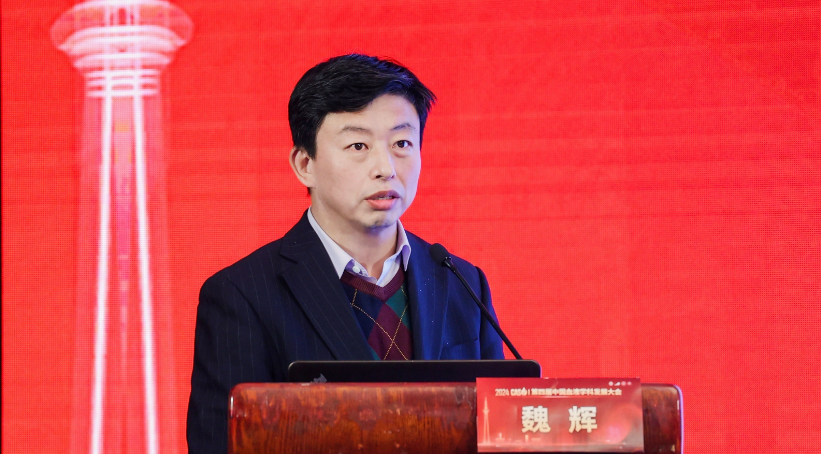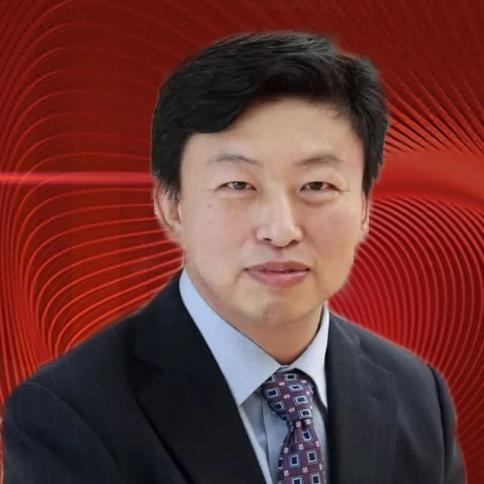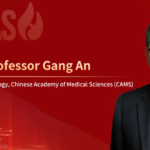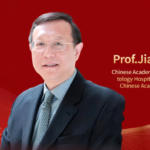Acute Myeloid Leukemia (AML), a group of malignancies originating from hematopoietic stem cells, stands as the most prevalent hematologic malignancy and has always been a focal point in both basic and clinical research. Recent years have witnessed numerous breakthroughs in the field of AML. The Fourth Chinese Hematology Development Conference was held in Tianjin from January 5 to 7, 2024. On this occasion, Professor Hui Wei , Director of the Leukemia Treatment and Research Center at the Institute of Hematology, Chinese Academy of Medical Sciences (CAMS), shared insights into the research progress in AML in an interview.
“Oncology Frontier – Hematology Frontier”: As the executive chair of the leukemia session at this conference, what significance do you think this meeting holds for advancing research and treatment in the field of leukemia?
Professor Hui Wei : Leukemia, as a crucial research area in the field of hematologic tumors, is significantly impacted by this conference. From a professional standpoint, the conference invited numerous domestic and international experts who provided direction for cutting-edge research and exploration in leukemia. This meeting has provided valuable clues for our future research directions and hotspots in the field of leukemia.
We look forward to future conferences focusing more on hematologic diseases, especially leukemia, and hope to see more research on immunotherapy, targeted therapy, pathogenesis, and epidemiology of leukemia. These studies will not only positively impact leukemia patients but also provide more health advice for the entire population suffering from hematologic diseases.
“Oncology Frontier – Hematology Frontier”: You presented a report titled “2023 Acute Leukemia Review” at the conference. Could you share with us some significant research advancements in the field of Acute Myeloid Leukemia (AML)?
Professor Hui Wei : By 2023, the AML field did not witness the launch of a large number of first-in-class drugs. However, existing drugs have undergone extensive research in new fields, indications, and patient groups, accumulating rich data. Notably, quizartinib has achieved excellent clinical data in frontline treatment and has also gained new insights in MRD monitoring of FLT3-ITD AML.
In the leukemia field, several promising drugs have made progress in clinical trials. One such example is the Menin inhibitor, which has shown promising results in mixed lineage leukemia (MLL) and good safety. It also demonstrated some efficacy in NPM1 mutated AML. Additionally, the development of CD47 monoclonal antibodies and P53 mutant reactivators has progressed. In the past, there were no effective treatments for P53 mutations, but these drugs now hold potential in treating such leukemias. Both existing and upcoming drugs made significant progress in the AML field in 2023.
“Oncology Frontier – Hematology Frontier”: Recently, immunocellular therapy has made remarkable progress in the treatment of leukemia. What are your views on the prospects and challenges of immunocellular therapy in AML treatment? How do you think these challenges can be overcome to promote the development of immunocellular therapy?
Professor Hui Wei : In lymphoid tumors, immunotherapy has made significant progress and is widely applied. However, its application in myeloid leukemia, particularly AML, is still relatively limited. Nevertheless, I believe immunotherapy will have a bright future in the field of myeloid leukemia and achieve good therapeutic effects.
The main challenge currently lies in the lack of an ideal target in the field of myeloid leukemia. In lymphoid tumors and solid tumors, especially in Acute Lymphoblastic Leukemia (ALL), CD19 is an excellent target. In myeloid leukemia, due to the high similarity between AML cells and normal hematopoietic stem cells, many potential targets might damage normal stem cells and bring unacceptable toxicity. Thus, the selection of targets is one of the main challenges.
In the future, we might overcome these challenges through various methods, including finding suitable targets and choosing methods to overcome toxicity. By using cellular therapy and antibody therapy in a limited way, we can address these challenges. Therefore, to overcome these challenges, we need to further study the pathogenesis of AML, especially its immunological aspects, and delve deeper into various methods of immunotherapy to apply them in the treatment of AML.

Professor Hui Wei
- Director and Doctoral Supervisor
- Leukemia Diagnosis and Treatment Center
- Deputy Director of the National Center for Clinical Research of Hematologic Diseases
- Member of the Hematology Branch of the Chinese Medical Association, Deputy Leader of the Leukemia Lymphoma Group
- Vice Chairman of the Hematologic Oncology Professional Committee of the Chinese Anti-Cancer Association
- Deputy Editor of Hematological Oncology
- Mainly engaged in basic and clinical research on leukemia


